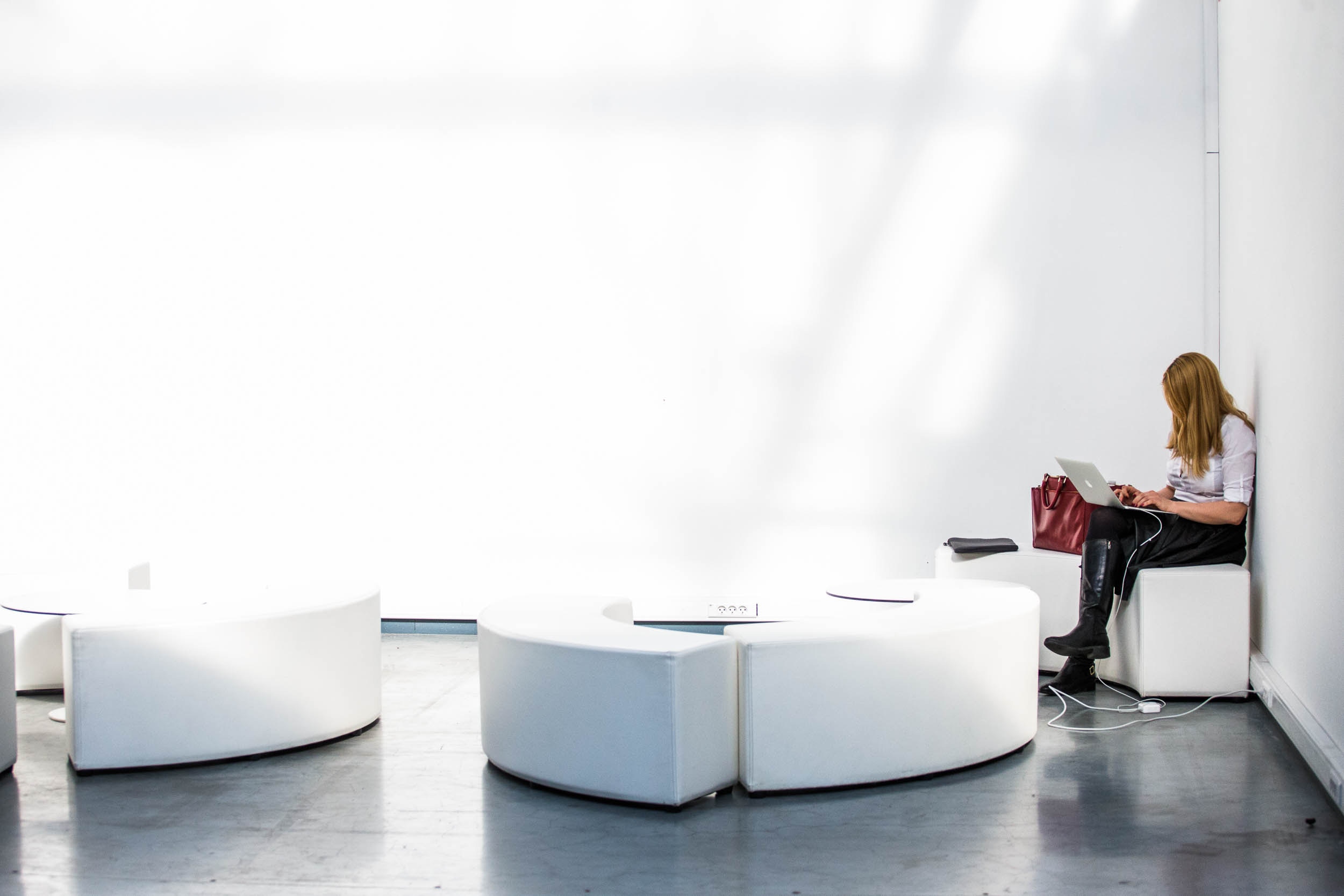Nowadays we speak about education in a different way that we were talking 25 years ago, for example. There was a time when we, as individuals, were entirely defined by the education level, by the schools that we graduated from, by the degrees that one achieved and by the qualifications we ended up developing. In some study areas and in some countries this is still happening, at the moment.
Permanent, continuous and lifelong learning
Throughout the time and the history of education, it occurred the need for permanent education, continuous education (mostly referring to specific qualifications for upskilling) and nowadays, lifelong learning. For the latter, it is still not defined nor agreed by everyone what are the required skills or what are the standard outcomes – I mean that there is not a standard document that serves as a global reference.
All these changes are reasonable because education is strongly related to social and economic factors. There is a definition of education, referring as the most complete and complicated process that a human being is facing during a lifetime. I consider it more than an academic environment and represents more than just cognitive skills. It is related to social and emotional skills, as well.
Education in 2019: transversal skills, soft skills, vocational skills, or maybe a bit of everything?

When it comes to answering the labour market needs, more and more, the stress goes into developing transversal and soft competences, such as communication set of skills and entrepreneurial set of skills. The think-tankers are working hard towards one standard result, but in my opinion, with the fast pace of technological development, it becomes harder and harder – the trends point out into personalisation, rather than standardisation. At the same time, new forms of education have emerged: massive open online course, modular training systems, digital content – are just a few to mention.
It was conventional thinking back in the days that the academic environment is preparing the youth to enter the workforce. Put simple, schools were responsible for producing the required workforce. And, this is entirely accurate and available nowadays too, though schools and universities cannot compete with the fast-paced development.
And, proper education requires time, which is a crucial aspect that very few stops to think about it. There are heavy curriculums, that become more and more inefficient. Unfortunately, curriculums cannot be changed in a second, as the world is changing today.
On the other way, we’re assisting to a win from vocational education against the universities, based on a simplified learning curricula – focused on developing one professionals set of skills, due to a shorter time education and market requirements. Technologies are developing, and personnel with required skills are needed. Most of the skills are cognitive, but as the industry 4.0 develops, arise the need of joint skills of cognitive knowledge with emotional knowledge. The latest being represented by those skills transversal, social and emotional, such as entrepreneurship, problem-solver, critical thinking, creativity, communication, etc.
What’s the impact on adult education?
We agree that education needs time and it is a more complicated process that one might think. As society’s paradigms are changing, the change reflects in school too, and in vocational education is about re-qualification, re-skilling and up-skilling. But how are these global changes reflected in adult education?
Because just up-skilling or re-skilling is not enough for adults living in this world with enormous consequences of globalisation and technological development.
- What about their perception?
- What about their soft-skills?
- What about their communication and integration (re-integration) in new cultural communities?
When it comes to adult education, I dare to say that is a lot more than just skills. It is like an art of being, of learning through experience, of preparing for the unprepared. I dare to say that it is a mix of skills, knowledge, awareness and physiology.
I don’t know where adult education is heading at the moment, but I hope that it will manage to find a way towards the development of the being. An approach that focuses more on equipping the adults and educating the communities with what it requires to act more as human beings, than human resources.
In my humble opinion, with the current market requirements and technological advances, this becomes a pure necessity.
Featured Image: Photo by Filip Bunkens on Unsplash




